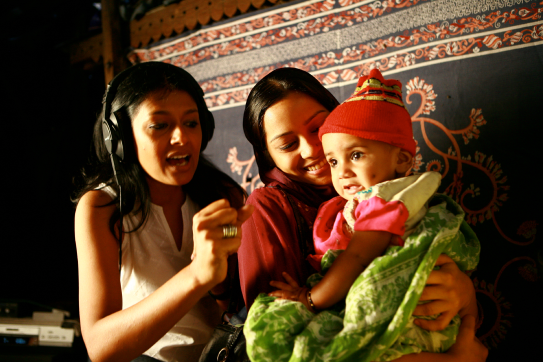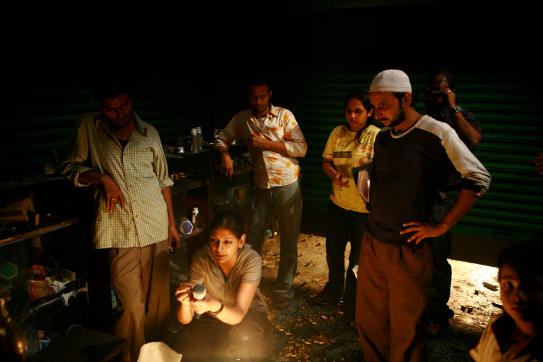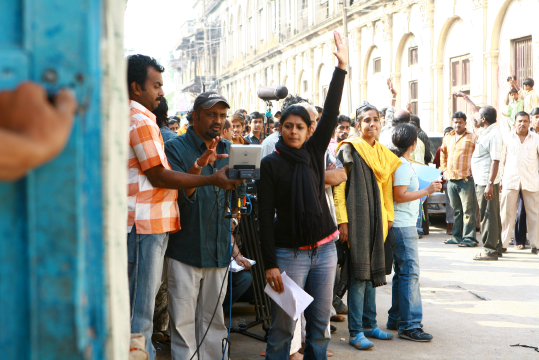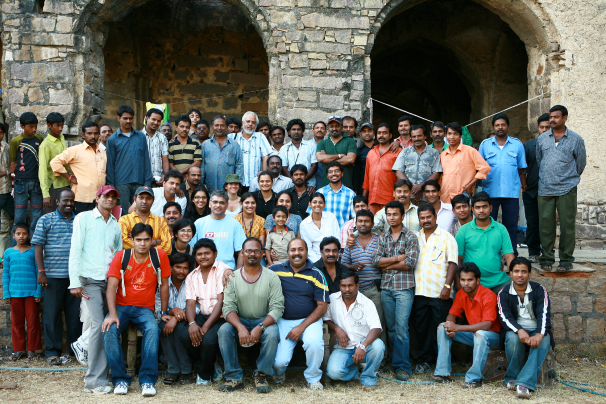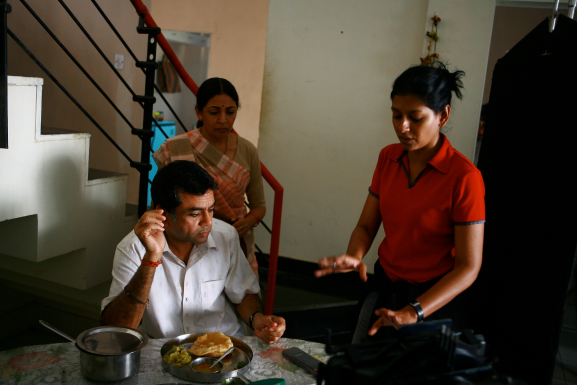A Noble Identity
- August 1, 2012
August is the month when our national pride wakes up. The usual analysis and reflections on the year gone by also briefly occupy public discourse. But today I am tempted to question the very relevance of nationalism as a noble identity. This ‘ism’ seems to be the most legitimised form of narrowness. Its significance further diminishes in times when we are forming all kinds of global communities and interacting in ways that aren’t limited by geography. Not just the Facebook nation of 900 million people, but many other ways in which people are connecting beyond their restricting borders.
The colonial rule that we so love to despise, is the very reason for India to be defined in the way it is today. A cluster of many princely states, each their own master, were forced to come together to give us yet another identity to hang on to. I am definitely not the first or the last to question the merits of nationalism. This was not an uncontested idea, even for Gandhi and Nehru, who struggled for the freedom of India. They had more nuanced views and were mindful of the dangers of becoming jingoistic or superficially patriotic. Nehru, even at the stroke of that famous midnight, chose to say, “…It is fitting that at this solemn moment, we take the pledge of dedication to the service of India and her people and to the still larger cause of humanity.” The sweet taste of sovereignty was still new and yet he saw it as a means and not an end. Gandhi, too, talked about not harming other nations, in the act of serving his own country. Even a great thinker and writer like Tagore was outspoken in his scepticism of nationalism, which in no way contradicted his criticism of the British imperialism.
So nationalism was anything but an absolute idea. In fact, it was this rare, thoughtful and humane nation that was founded at the stroke of midnight on August 15, 1947 that made our new country so unique. But in today’s times we have become more strident and are less concerned about the humanity even within the country, let alone beyond. I take no pride that I was born within these boundaries, as I have very little to do with its great past. I have inherited the legacy of the Indus Valley civilisation and the likes of Buddha and Mahavira for no great virtue of mine. If I was born in that part of Hind that today falls in Pakistan or Bangladesh then my historical pride would have been limited to just a few decades.
At a global event like the Olympics, it is of course natural to feel more nationalistic, as that becomes the primary identity. But the true test of any real pride is when we feel the relevance of the identity in our daily living. We seldom speak up against those who are oppressed, discriminated and marginalised. Yet, when a Krishna Poonia throws a discus or a Mary Kom wins a bronze at the Olympics, we hold our breath like we have made them who they are and expect them to not let us down. It is far more plausible that what they have achieved is despite the apathetic system. Yet they have to downplay their personal achievements and take pride in suddenly being adopted by a whole nation.
It’s bizarre how an Ambani, a beggar on the street, a Mary Kom and a tribal fighting for survival, you and me, are all Indians! To some extent nationalism does transcend regional, ethnic, religious, linguistic and class divides. Anyway, this identity is here to stay, so the real challenge is how to move towards a more humane and less parochial nationalism. George Bernard Shaw says it all when he wrote, “Patriotism is, fundamentally, a conviction that a particular country is the best in the world, because you were born in it….!

